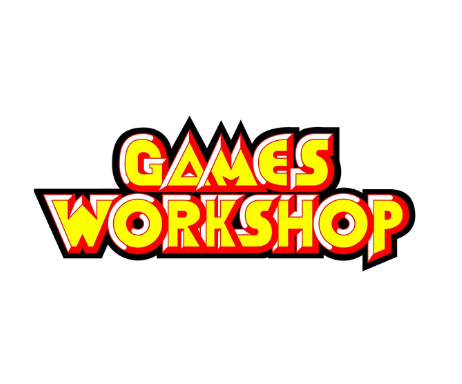Germany has Europe’s industrial titans. Denmark is home to one of the world’s hottest pharma stocks. France has the kings of luxury goods. Meanwhile, the latest recruit to the UK’s blue-chip index makes injection-moulded figurines of necrons, dark angels and imperial knights.
It would be easy to depict Games Workshop, whose shares will join the FTSE 100 from December 23, as emblematic of the growing unseriousness of the country’s stock market. Its central brand is Warhammer, a fantasy realm similar in concept to Dungeons & Dragons.
In the popular imagination, Warhammer is about as cool as trainspotting. But books about wizards who grew up in under-stairs cupboards and triumphed over the Dementors weren’t cool either — until they sold 500mn copies and spawned eight blockbuster films. By the same token, Games Workshop has plenty to teach the rest of corporate Britain.
Those who despair at the UK’s inability to spawn a Facebook and want our kids to learn Visual Basic in nursery, often seem dismissive of our creative industries — and Games Workshop is a creator par excellence. Over three hundred staff beaver away in its Nottingham headquarters writing storylines that draw on decades’ worth of characters and lore, and designing the figures used to enact them.
…
While signature British brands from Dyson to Dr Martens have offshored production to Asia, Games Workshop still makes all its figures in the UK, right down to the paint that collectors use to customise them. Even Lego, headquartered in the similarly provincial Danish city of Billund, cannot match that.
…
The company’s senior managers — whose average tenure is 20 years — are smart enough to realise that Warhammer is a hobby that many will outgrow. But rather than diversify by making acquisitions, a reliable way to lose focus, they concentrate on recruiting new devotees.
Licensing its storylines and characters to media groups and games developers (another sector where the UK punches well above its weight) helps introduce Warhammer to potential new hobbyists. Almost 8,000 schools and libraries are now members of the Warhammer Alliance, a collection of initiatives to attract young players, while the company has partnered with the Scouts and the Duke of Edinburgh’s Award scheme in the UK.
…
Returns for investors have certainly been in another realm. Since Kevin Rountree took over as chief executive in 2015, Games Workshop’s share price has increased by 2,700 per cent. The All-share index has limped up just 28 per cent over the same period. Conservative financial management, a focus on cash generation rather than profits and a policy of returning surplus capital has resulted in total dividends of over £600mn.


